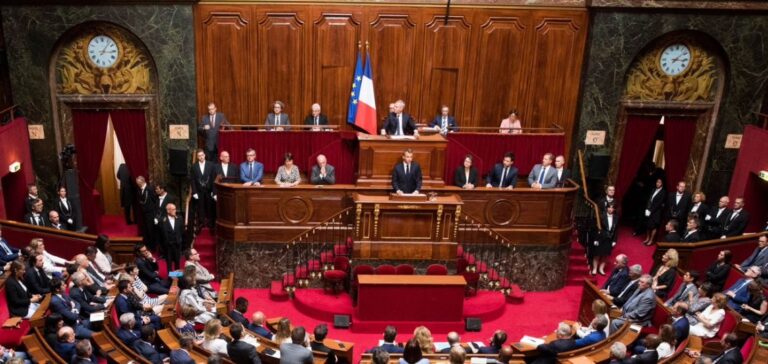The Ministry of Industry and Energy has announced the postponement of the presentation of the new national strategy for hydrogen, originally expected on Tuesday. The delay is attributed to the government’s schedule, marked by a public finance conference convened by the Prime Minister. The strategy will be unveiled on Wednesday, with a ministerial visit scheduled for Thursday in the Franche-Comté region.
An industry awaiting reinforced support
France launched its first hydrogen strategy in 2020, allocating €9bn to develop a national industrial sector centred on low-carbon hydrogen. The initiative primarily aimed to decarbonise heavy industry and expand hydrogen production through electrolysis by establishing domestic industrial capacity. Several French companies have since invested in the manufacture of electrolysers, with some production sites already operational.
Despite this progress, demand for electrolysers remains below expectations. The sector is experiencing a period of uncertainty, with projects postponed or cancelled both in France and abroad. This situation places pressure on industry stakeholders, who are awaiting clarity from the national strategy to secure their development outlook.
Industrial targets yet to be confirmed
France aims to install 6.5 gigawatts (GW) of electrolyser capacity by 2030. To support this objective, the government has deployed various financing mechanisms, including subsidies through public-private partnerships. Gigafactories dedicated to electrolyser production are currently under construction in France, backed by several companies active in the sector.
In total, €2.1bn in financial support has been allocated to these industrial initiatives. These investments are considered vital to establish a domestic low-carbon hydrogen value chain in a context of intense European competition.
Persistent economic challenges
Despite the strategic framework and financial backing, the cost of producing low-carbon hydrogen remains high, limiting its competitiveness against hydrogen derived from fossil fuels. This economic gap hampers industrial demand, particularly in the transport and steel sectors.
Industry actors hope the new roadmap will introduce concrete measures to support the rollout of the technology, particularly through demand structuring and adjusted economic incentives. These expectations underscore the significance of Wednesday’s forthcoming announcement.






















